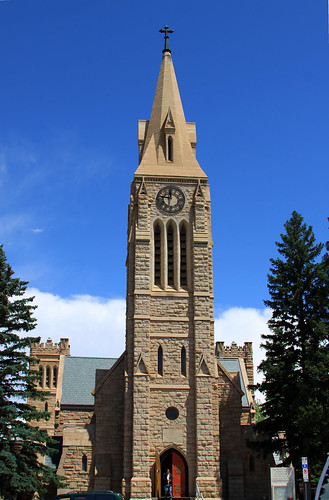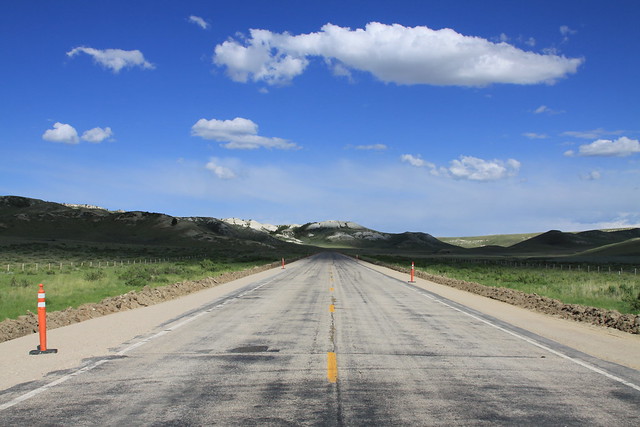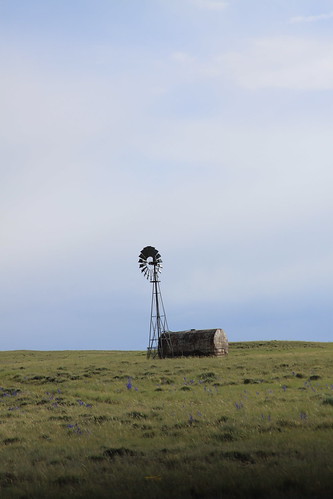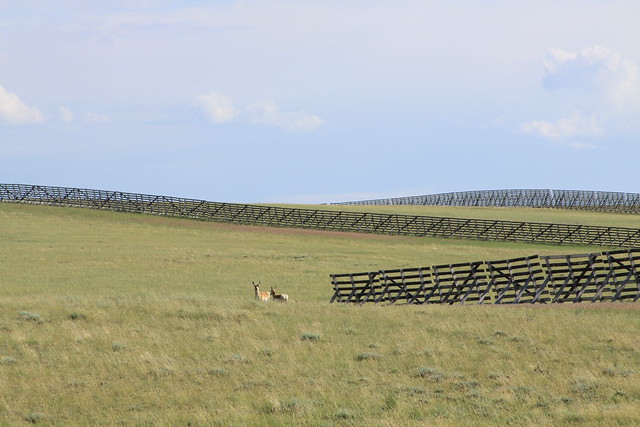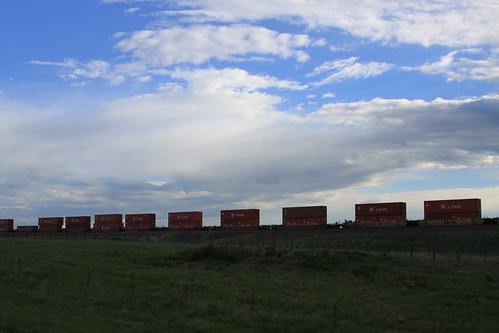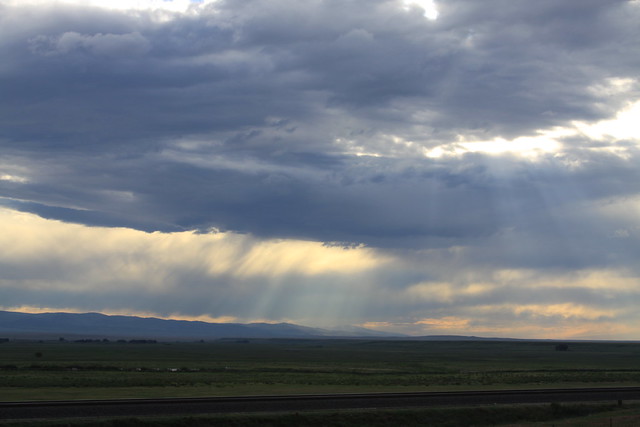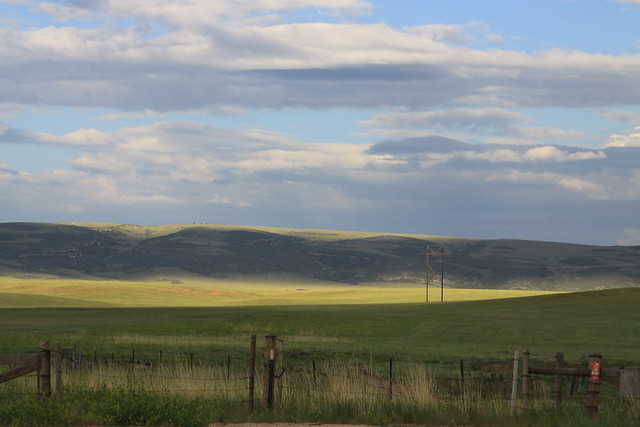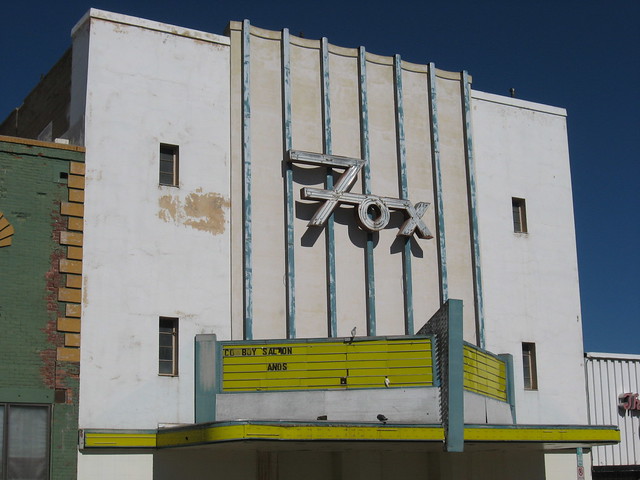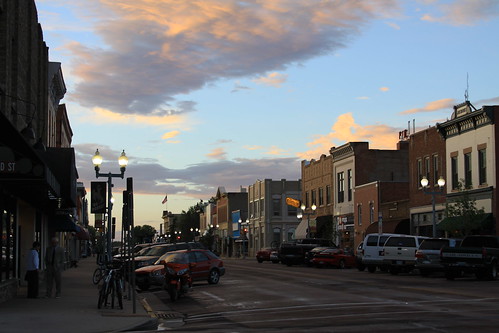So, all this talk about code switching has got me thinking... what are the verbal and non-verbal codes of the humanities?
I mean, I know pretty clearly what things make a person's speech "western" or "conservative" or "evangelical" (which has a vocabulary entirely its own). But, what about the world I spend most of my time in anymore-- the humanities? What codes do we use here? So, I've just been listening to people talk for the last couple days to see what short-hand people in my environment use in everyday speech. What I found is pretty interesting, and highly amusing in a weird sort of way.
Okay, so here are some words I've heard used to code disapproval or rejection:
Fox News / Glenn Beck/Bill O'Reilley
black-and-white thinking; binary oppositions
NASCAR
bumper sticker logic/sloganeering
speaking in soundbites
speaking in code (ironic...)
framing/ frames/ framed discourse
essentializing
Wal-Mart
fanatical
brain-stem
Bubba
paternalistic
Imperialist/Capitalist
Othering
objectify/objectification
marginalizing
monological
tendentious
literalist/fundamentalist
shrill
Here are words we use to code approval or congratulate ourselves:
provocative
polyvalent
synthesizing
subtle thinker/subtle thinking
hermeneutic
semiotic
measured/thoughtful
critical
meaty/deep
performative
intellectual
humanistic
measured
postmodern/posthuman/post-Christian
self-referential
has gravity/gravitas
Words we use to sound smart and identify with the academic club:
dialectic
abject
agency/being an agent
queering/queer (especially as a verb)
deconstruct
slippage
Foucaultian
gender (as a verb)
ecriture
linguistic turn
hybridity/ hybrid
interstitial
dialogic
discourse/discursive
historicize
signifier/signified/signifying
Bakhtinian (quoting Bakhtin is like academic gold. The same goes for Slavoj Zizek.)
meta-anything
base/structure/superstructure
fetish/fetishize
Oedipal
sublime
Lacanian
post-colonial
Other/Othering
paternalism
subaltern
subjectivity
langue/parole
Okay, so our words-- those we use of others, and those we use to describe ourselves-- can tell us a lot of what we think about ourselves. The funny thing is that a lot of things in the first list is classist, and it's demeaning specifically to intelligence or social class. Everything in the last two lists are, for the most part, come from a very useful and interesting critical language that has clear benefit in the intellectual arena. But that's not how we use them in coffee-shop conversation. They're our codes of belonging, our secret handshake. Nothing makes you part of the smart set like puffing on about "subaltern identites" or "the sublime," especially if you can work a little Burke or Habermas or Zizek into that conversation, too. Besides, how much fun is it to say "Slavoj Zizek?"
Tons.
In a sense, I have no problem with the presence of this "club" per se. That's the way society organizes itself, to be honest. People with a common association share a common language. But it's good to take a shot of our own medicine, apply some of that Lacan and Foucault to ourselves, and realize that our language is a tool that we use to manipulate the social order around us, too-- not just the people we don't like. We use it to get a leg up on that other guy, the person with different political or philosophical beliefs that doesn't share our special vocabulary. And that impenetrable wall of "discourse" that we erect can keep out those who have the brains and can argue back but don't know the lingo.
So, perhaps we need to be wary of our motives when we employ the specialist language of our trade outside of the classroom: for unless we deconstruct our Oedipal tendencies and queer our postmodern discourse, our phallocentric essentializing of the gendered postcolonial ecriture may threaten to objectify the Other into an abject body, subverting their subjectivity and historicizing them into a subaltern who cannot speak. NASCAR.
And ya know what's really funny? That sentence
almost works, in a bizarre, mind-bending sort of way. *giggle.*
Oh, and if you have some free time, check out
the Postmodernism Generator to see these codes put to work... in a really fun sort of way.
